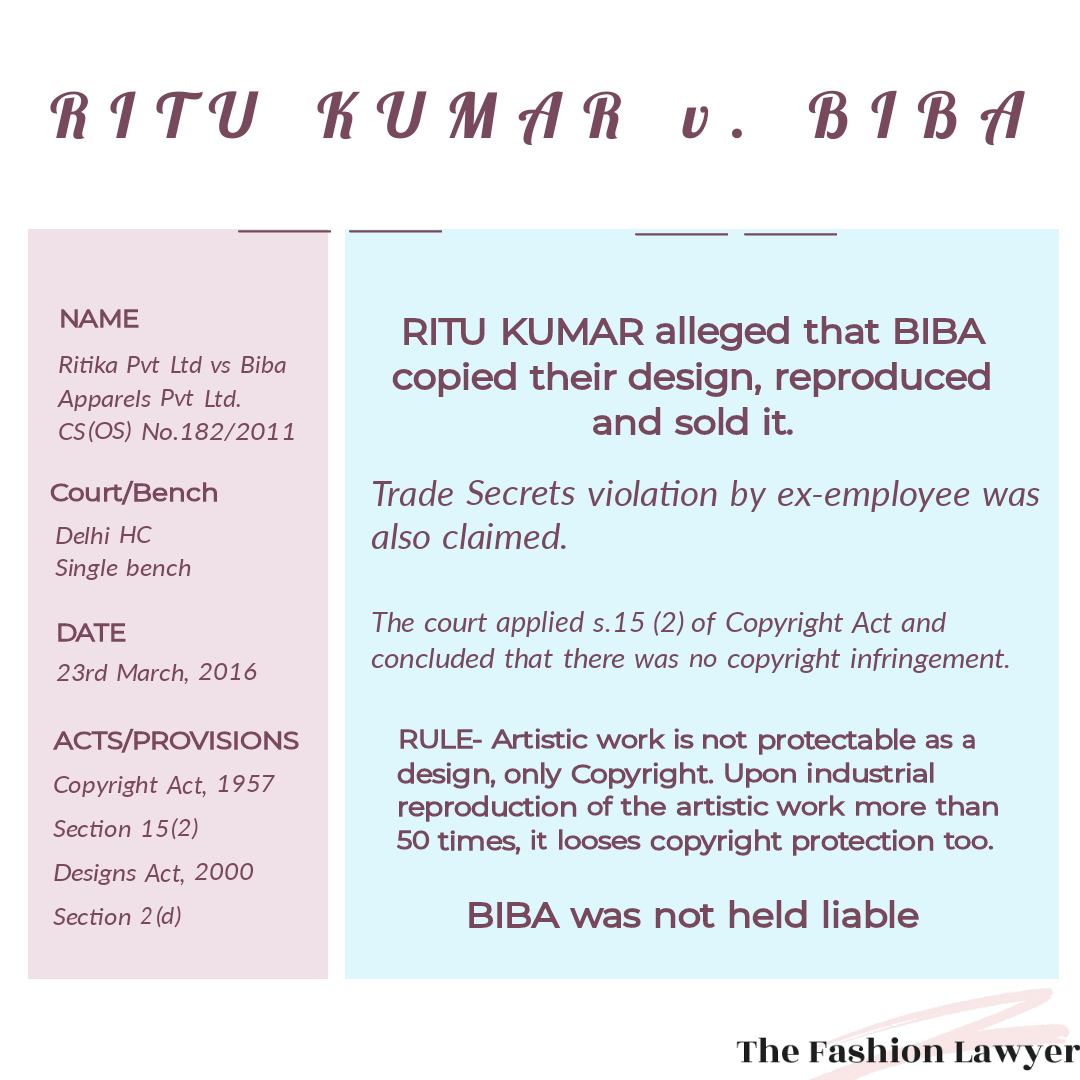Stronger Consumer Protection for E-commerce: Increased Compliances and Duties
New e-commerce Rules under Consumer Protection Act has been notified on 23rd July, 2020. The New Rules aims to ensure better Consumer Protection regime and hence, compliances on part of e-commerce entities have been increased.
The fashion retail business heavily relies on e-commerce and due to Pandemic situation, it has become more significant than ever. Whether you have your own website or sell through Aggregators, responsibilities towards consumers cannot be compromised.
To whom it will apply?
The Rule is applicable to all models of e-commerce and all categories of goods and services bought or sold over digital or electronic network including digital products, whether or not incorporated in India.
Hence, the Rule is applicable to:
1) Online marketplaces models like ebay, Naaptol, shopclues etc.
2) Inventory models like Jabong, Flipkart in early days.
3) Hybrid model like Amazon, Flipkart, Myntra etc.
4) All e-commerce retail i.e. Managing and selling through your own website.
Duties of E-commerce entity
1) Appoint a person dedicated to Consumer Protection. Such person must be a resident in India.
2) Establish a Grievance redressal mechanism and appoint a grievance officer considering number of grievances ordinarily received. Name, contact details, and designation of such officer to be displayed on its platform.
3) Complaint Redressal: Grievance officer is required to acknowledges
the receipt of any consumer complaint within 48 hrs. and redresses the complaint within 1 month.
4) In case of imported goods/ services for sale, name and
details of importer (who may be a seller), to be displayed on
its platform.
5) Cancellation charges on consumers not allowed: Exception when similar charges are also borne by the e- commerce entity, if they cancel the purchase
order unilaterally for any reason.
6) No pre-ticked checkboxes and automatic consent: Consent of consumer must be explicit and affirmative.
7) Refund within reasonable time as per RBI norms.
8) No price manipulate to gain unreasonable profit, given the extraordinary circumstances or essential nature of the goods/service.
9) No discrimination or arbitrary classification between consumers.
10) Endeavour to become a partner in the convergence
process of the National Consumer Helpline of the Central Government.
These duties must be fulfilled by all the e-commerce platforms- aggregators and retail sellers managing own website.
Duties of Sellers on marketplace
1) No unfair trade practice on the e-commerce entity’s platform or
otherwise.
2) Sellers shall not falsely represent itself as a consumer and post misleading reviews.
3) Must take back goods and refund if goods are defective, deficient, not as advertised or delivered late from expected schedule.
4) Written contract with the respective e-commerce entity and provide all details like legal name, address, website, e-mail address, contact details, GSTIN and PAN details.
5) Appoint Grievance officer and ensure Complaint acknowledgement within 48 hrs. and redressal within 1 month.
6) Correct advertisements and true representation of goods or services.
7) Sellers must provide following information to be displayed on the website:
(i) total price along with the breakup prices and tax
(ii) all mandatory notices and relevant information like expiry date, country of origin etc.
(iii) name and contact details of the grievance officer.
(iv) name and details of importer and guarantees as to the authenticity of the
imported products.
(v) information related to exchange, returns, and refund including costs of return shipping.
(vi) details related to delivery and shipment.
(vii) guarantees or warranties applicable.
In addition, to ensure that correct information is being provided by the sellers, marketplace e-commerce entity shall require sellers to give an undertaking that information provided by them is true. Marketplace will display the name and details of seller prominently on website. Information on Payment methods, return, exchange and refund shall be made accessible.
Duties and liabilities of inventory e-commerce entities
These are the duties which will be applicable to single brand
retailers and multi-channel single brand retailers. Hence, it becomes important to deal as many fashion retailers have their own website and online platform. These are basically the same requirements expected of all E-commerce entities.
(1) Provide all information to its users like return, refund, exchange, warranty and guarantee, delivery, payments modes, grievance redressal mechanism, price-breakup etc.
(2) Do not post false reviews posing as a consumer.
(3) Provide correct information and advertisement.
(4) In case of defective/deficient goods or untimely delivery, goods must be taken back and refund to be made.
(5) Any inventory e-commerce entity which explicitly or implicitly vouches for the authenticity of the goods
or services sold by it, will be made liable.
To read the Rules, Click here




Comments
Post a Comment